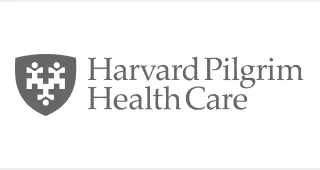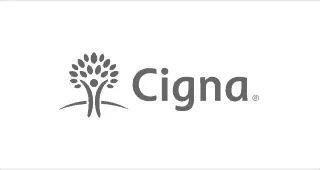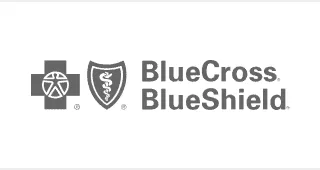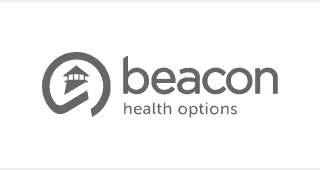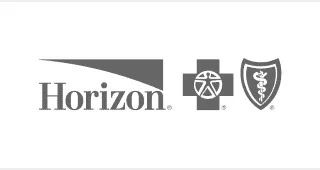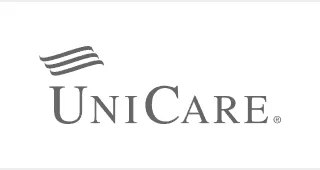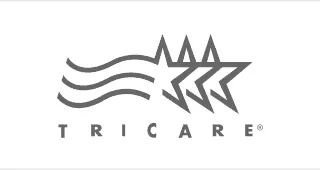What Is a Dual Diagnosis?
A dual diagnosis, also referred to as co-occurring disorders, is a term used when a person experiences a mental illness and a substance use disorder simultaneously. Each disorder can exacerbate the symptoms of the other, making it a complex situation that can be challenging to treat.
The mental health condition could range from mood disorders like depression and bipolar disorder, anxiety disorders, and personality disorders to severe mental illnesses like schizophrenia. The substance use disorder could involve alcohol, prescription, or illicit drugs.
It’s not always clear which disorder emerged first. For instance, someone experiencing a mental condition may turn to drugs or alcohol as a form of self-medication. Over time, this can lead to addiction. On the other hand, sustained substance use and addiction can precipitate the onset of an underlying mental health disorder.
Identifying and treating both disorders concurrently is crucial for effective treatment and recovery. Failure to treat both disorders simultaneously can lead to poorer treatment outcomes and a higher likelihood of relapse. Hence, integrated treatment approaches in a dual diagnosis program are critical for successful recovery.
Common Types of Mental Health Disorders that Co-Occur With Substance Abuse
There are a variety of different types of substance abuse and mental health illness combinations. Therefore, there are many types of dual diagnoses. Common co-occurring mental health disorders include:
- Borderline personality disorder
- Generalized anxiety disorder
- Bipolar disorder
- Eating disorder
- Obsessive-compulsive disorder
- Post-traumatic stress disorder (PTSD)
- Depression
- Panic disorder
- Schizophrenia
Why Does a Mental Health Disorder Co-Occur With Substance Abuse?
Understanding why these conditions often co-occur requires a look at some of the common factors that contribute to their development. Here are some theories:
- Self-Medication: One of the common reasons people with mental health conditions resort to substance abuse is to cope or self-medicate. The relief they get from their mental symptoms may be temporary, and they may develop a dependency over time.
- Substance-Induced Disorders: In some instances, the substance use disorder comes first and leads to mental problems. The chronic use of certain substances can lead to changes in brain chemistry, leading to symptoms of depression, anxiety, or other mental health conditions.
- Mental Health Disorders and Substance Use: On the other hand, an existing mental illness can contribute to substance abuse and addiction. For example, people with conditions such as anxiety, depression, or bipolar disorder may use substances as a form of self-medication, leading to addiction over time.
Whatever the reason for someone suffering from substance abuse and mental illness, seeking addiction treatment with an addiction treatment program that targets dual diagnosis will be crucial for relapse prevention.
Get the Help You Need at Our New Jersey Rehab Center
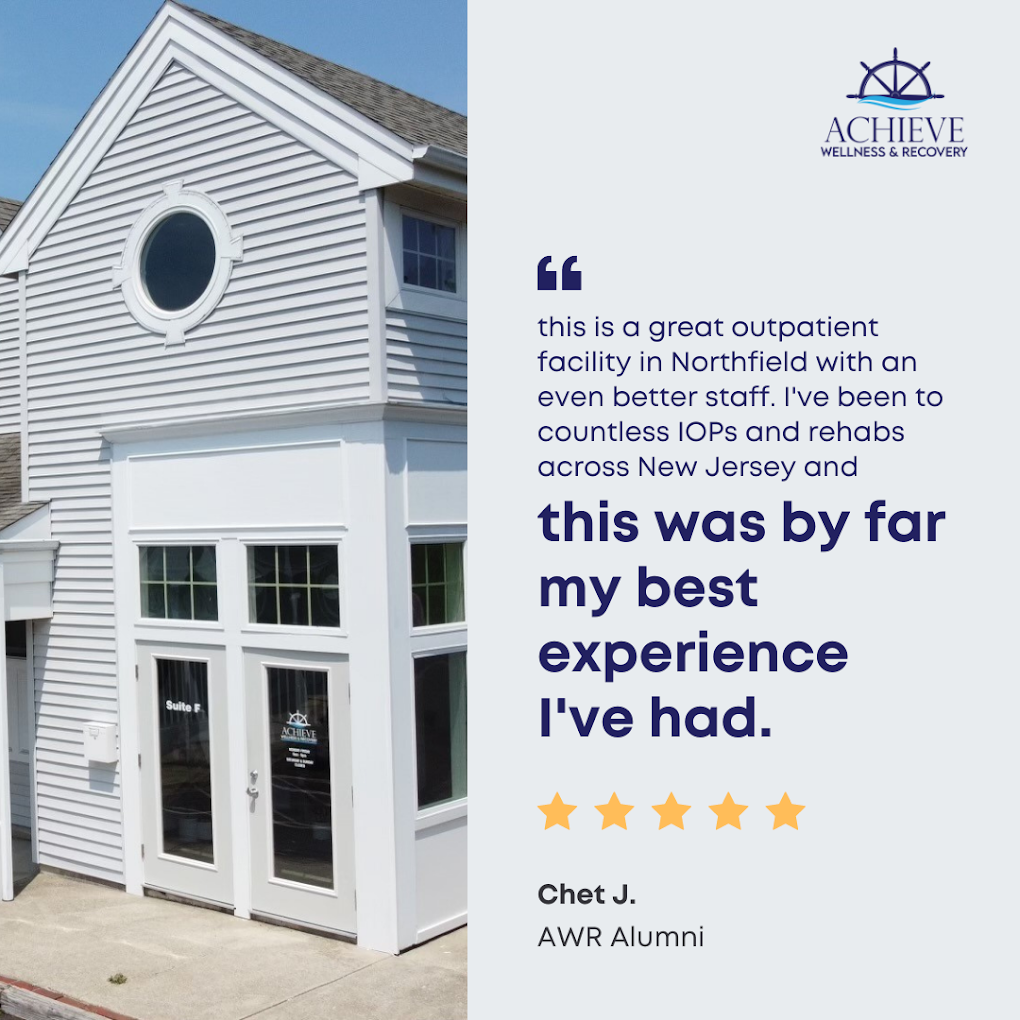
When struggling with a dual diagnosis, it’s important to treat both conditions simultaneously as the disorders are often connected. Whether you are struggling with anxiety disorder, eating disorders, or other mental health concerns, we can guide you back on the path to sobriety and mental stability.
Our team specializes in working with a wide range of insurance plans and companies to help you access the maximum benefits available. Give us a call at (833) 680-0142, and a recovery expert will assist you in exploring your insurance coverage options for treatment at our Northfield facility, located in Atlantic County.
We work with most insurance companies. Please note we are not affiliated with or endorsed by insurance companies.
No Medicaid Accepted.




